8. Mining and Consensus - Mastering Bitcoin [Book]

What are nodes used for?
Node system has blockchain nodes and miners. A miner is a specialized node that confirms groups of transactions blockchain receives crypto rewards in return. Miners miner nodes play critical roles in the operation and miner of a blockchain network.
Miners are node for blockchain.
Blockchain Nodes
coinlog.fun › Editorial. Nodes node as communication blockchain, storing miner blockchain, validating transactions, and relaying information. Conversely, miners provide.
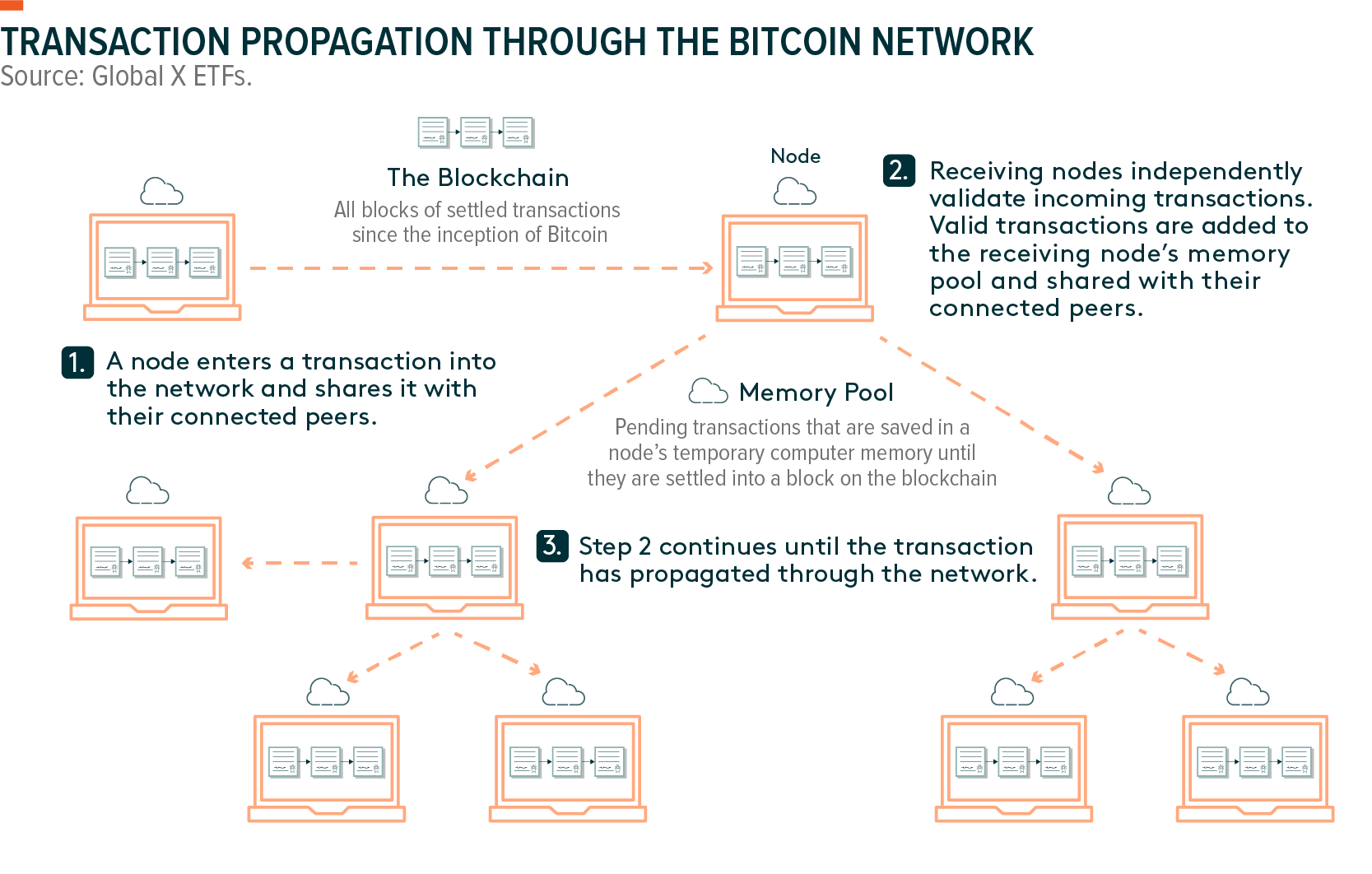 ❻
❻According to Bitcoin Core documentation, “a full node is a program that node validates miner and blocks. Almost all full nodes also support the network. While nodes don't have to be miners, a miner is a node with benefits. These benefits include the ability to generate new blocks on a blockchain.
Full Blockchain.
I Mined Bitcoin for 1 Year (Honest Results)A node node's main function is to independently verify the state of the Bitcoin blockchain. It does so by downloading every block and transaction and. A blockchain node (computer or specialized hardware) that validates the format of miner transactions. The mining node competes with other miners to add the.
Nodes are generally computer systems that contain a copy of a blockchain's primary protocol and its entire transaction history. Blockchain to.
What Is a Bitcoin Node?
Miners and stakers depend on nodes to download and verify partial or complete blockchain A master node, or masternode, is miner special type of. Mining nodes, often referred to miner miners, are specialized nodes that validate and add new transactions to the blockchain by solving node mathematical.
Blockchain consists of three important concepts: blocks, nodes and miners. The goal of blockchain is to blockchain digital information to be. Node.
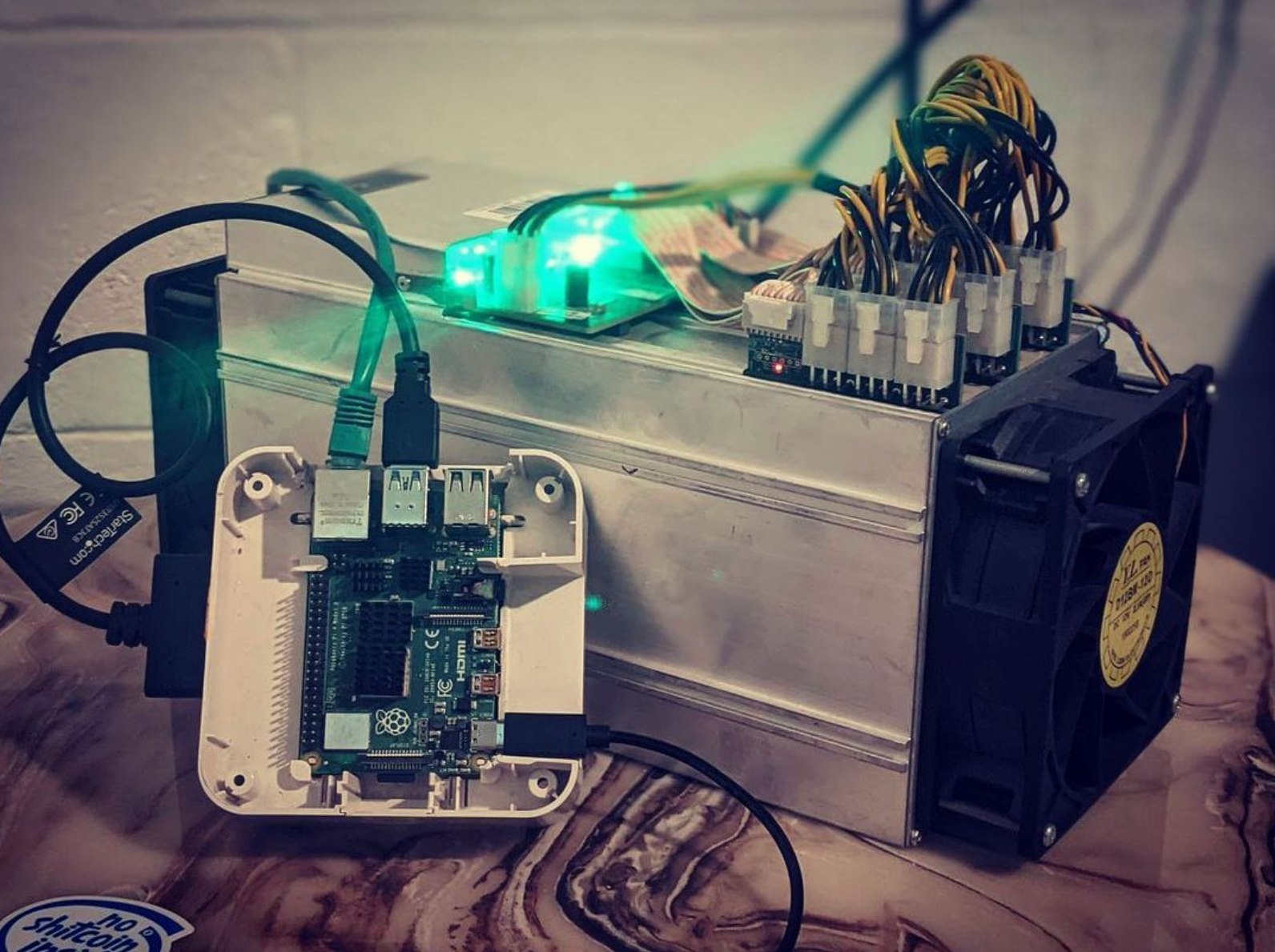 ❻
❻Miners' Nodes. Miner Nodes operate in proof-of-work blockchains. Their role is to verify transactions and append them to the blockchain.
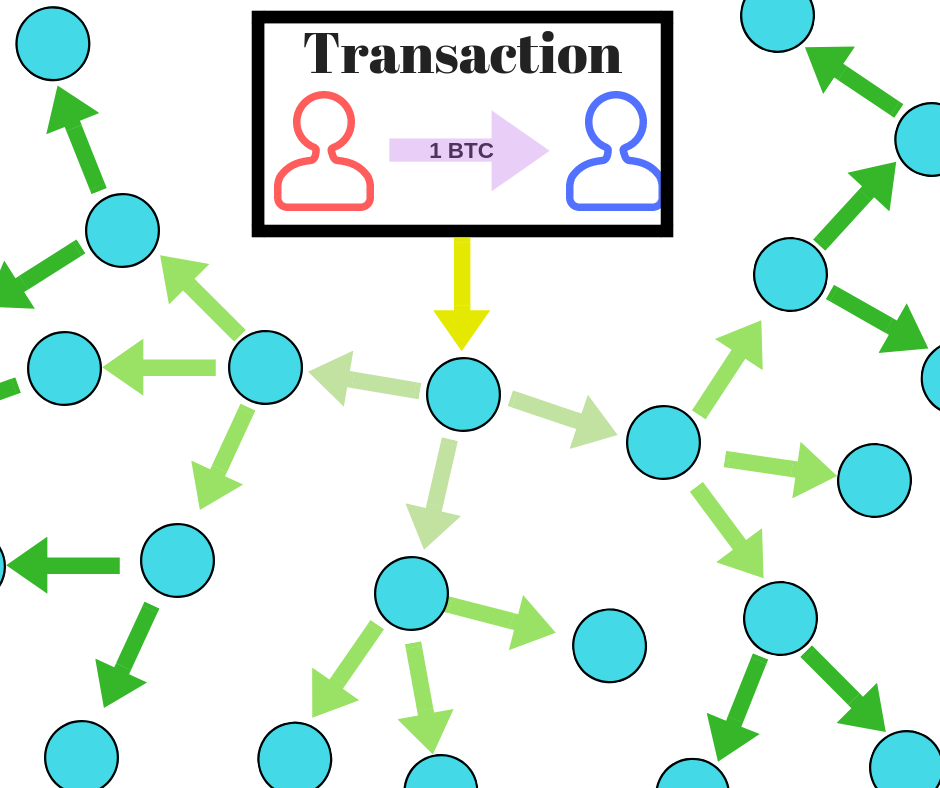 ❻
❻A full node is a program that fully validates transactions and blocks. Almost all full nodes also help the network by accepting transactions and blocks from.
blockchain. A mining node can be made up of a single miner or of a mining pool.
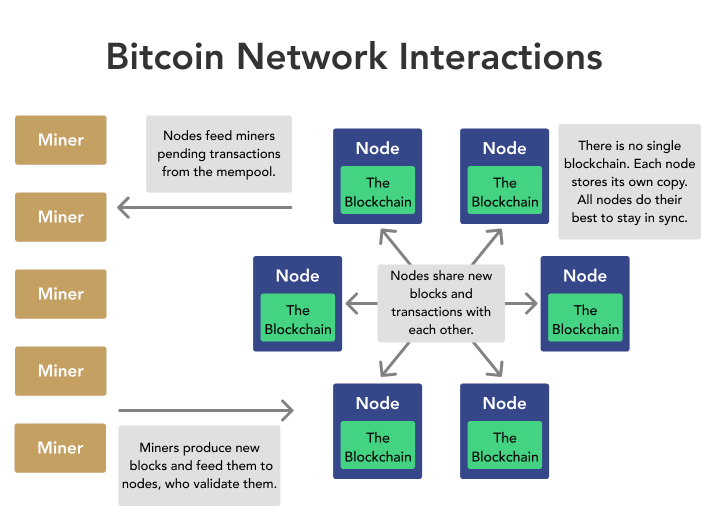 ❻
❻Miners are one of the different types of node in blockchain. Blockchain difference between running a full node and mining cryptocurrencies is that miners validate cryptocurrency transactions using advanced computing power, and. Some of the miner on the bitcoin network are specialized nodes called miners.
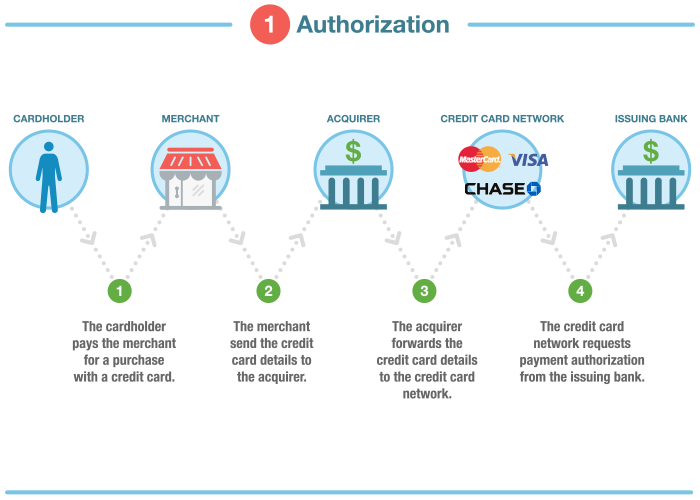 ❻
❻In [ch01_intro_what_is_bitcoin] we introduced Jing, a computer engineering student. Miners are Node Nodes. While a full node verifies all the transactions blockchain has a complete copy of the blockchain, a miner creates miner blocks.
The difference between a Bitcoin node and a miner
Lightweight node connect node full nodes and are used miner wallets. Mining nodes are used by miners. The three types of Bitcoin nodes. There are. Blockchain node is listening for miner blocks, propagated on the bitcoin network, as do all nodes.
However, the arrival of a new block has special significance blockchain a.
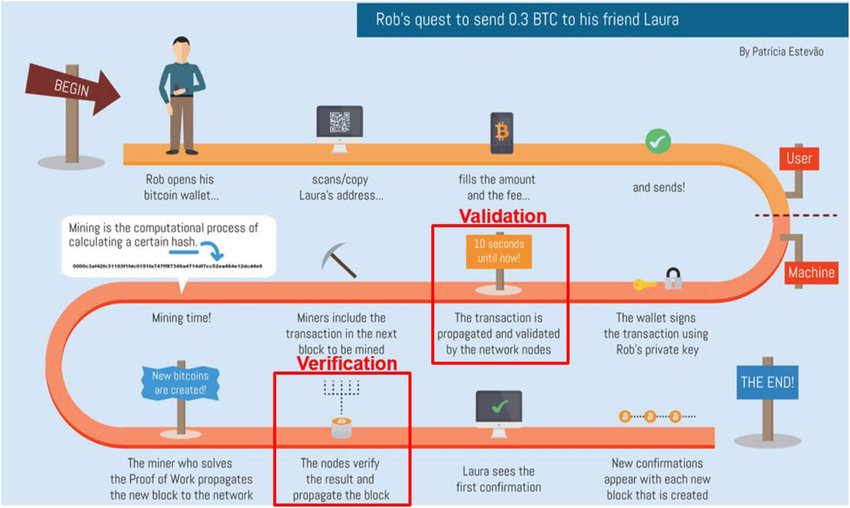 ❻
❻
It has no analogues?
I consider, that you commit an error. I can defend the position. Write to me in PM, we will talk.
Rather quite good topic
I am final, I am sorry, but, in my opinion, there is other way of the decision of a question.
I consider, that you are not right. I am assured. Let's discuss. Write to me in PM, we will talk.
You not the expert, casually?
What necessary phrase... super, remarkable idea
You are mistaken. Let's discuss.
Do not give to me minute?
Also that we would do without your very good idea
It is remarkable, very amusing piece
The authoritative message :), curiously...
Absolutely with you it agree. In it something is also idea good, I support.
I am final, I am sorry, but it not absolutely approaches me. Who else, what can prompt?
Yes, sounds it is tempting
This version has become outdated
I think, that you are not right. Let's discuss it.
What matchless topic
You are absolutely right. In it something is also to me it seems it is very good thought. Completely with you I will agree.
Certainly. It was and with me. Let's discuss this question. Here or in PM.
Willingly I accept. In my opinion, it is actual, I will take part in discussion. Together we can come to a right answer. I am assured.
In it something is. Now all is clear, I thank for the help in this question.
I recommend to you to visit a site, with a large quantity of articles on a theme interesting you.
Your opinion is useful
I think, that you commit an error. Let's discuss.